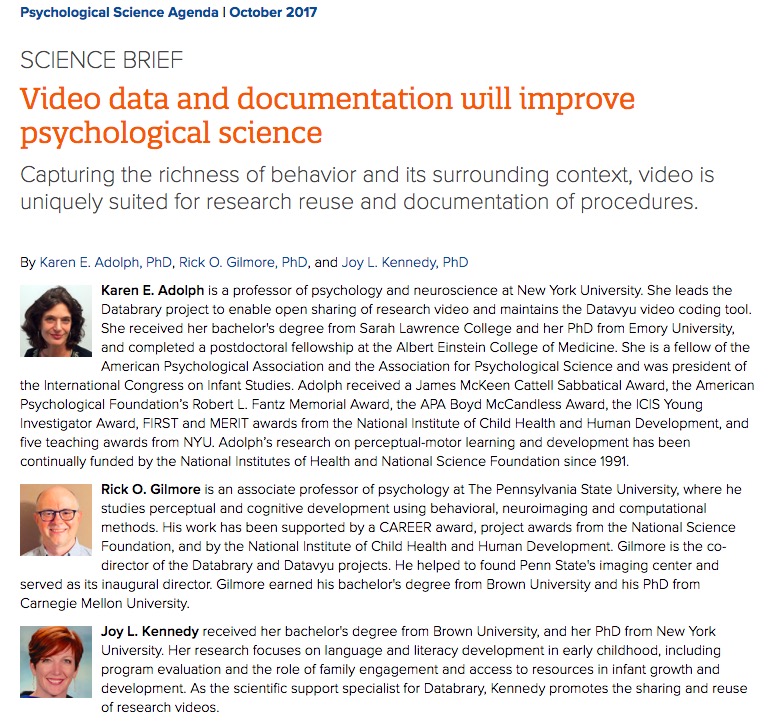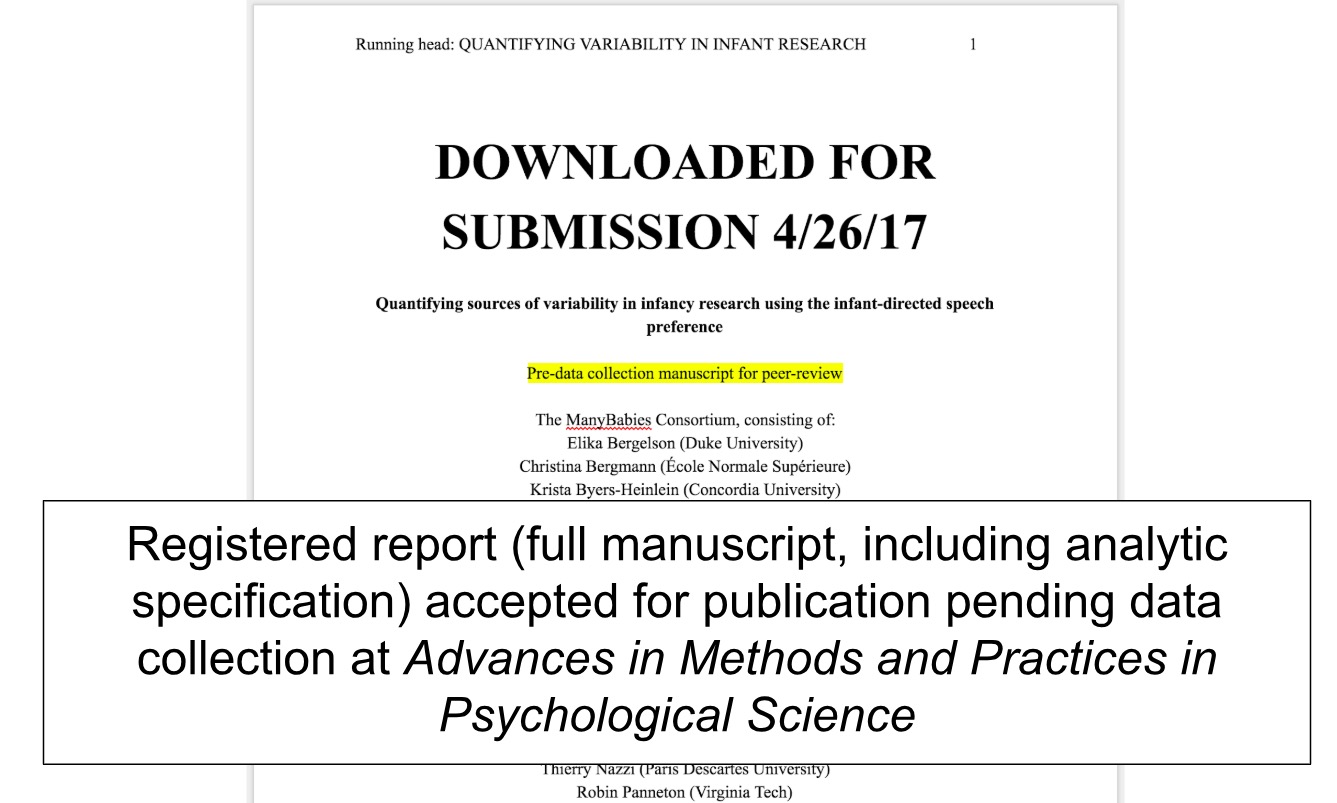 ---
## Studies are ~~not~~ underpowered
---
## Studies are ~~not~~ underpowered
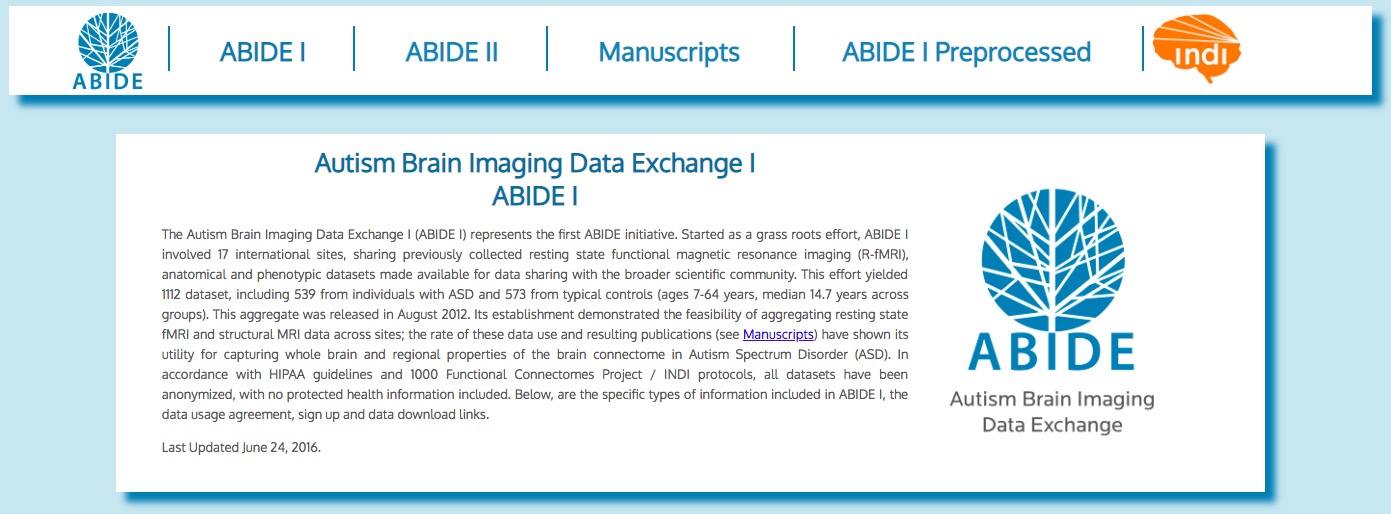
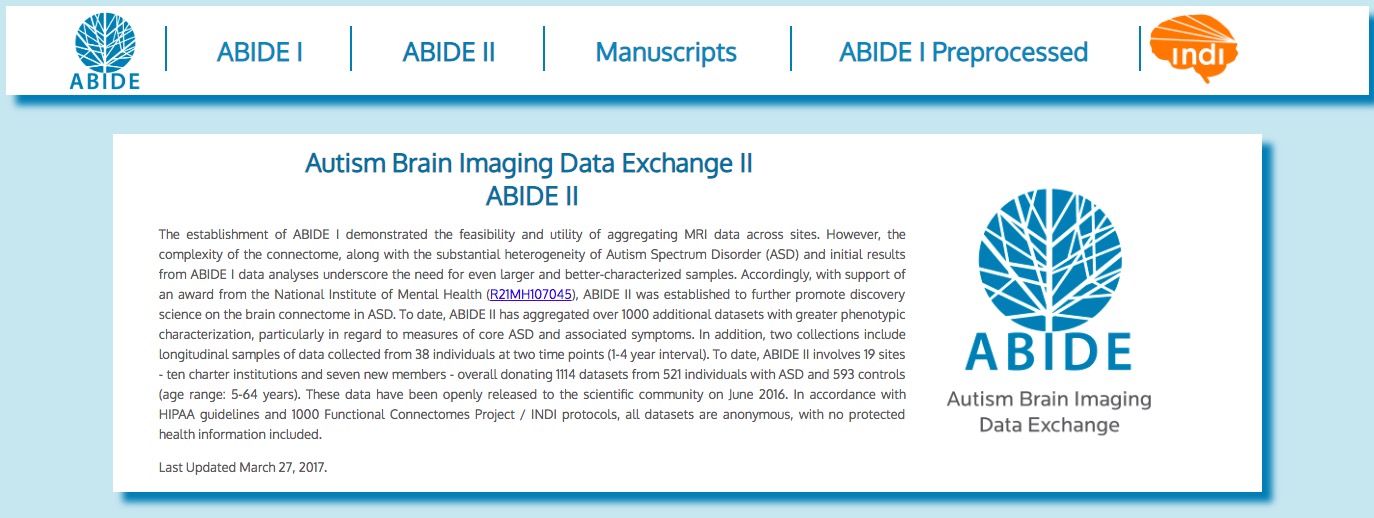 ---
---
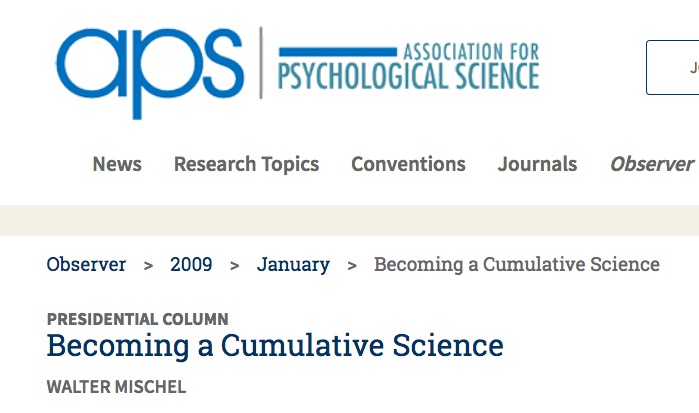 ---
- Findings accumulate
- Theories are advanced, accepted, expanded, or *rejected*
---
---
- Findings accumulate
- Theories are advanced, accepted, expanded, or *rejected*
---
 # Remaining barriers
---
# Remaining barriers
---
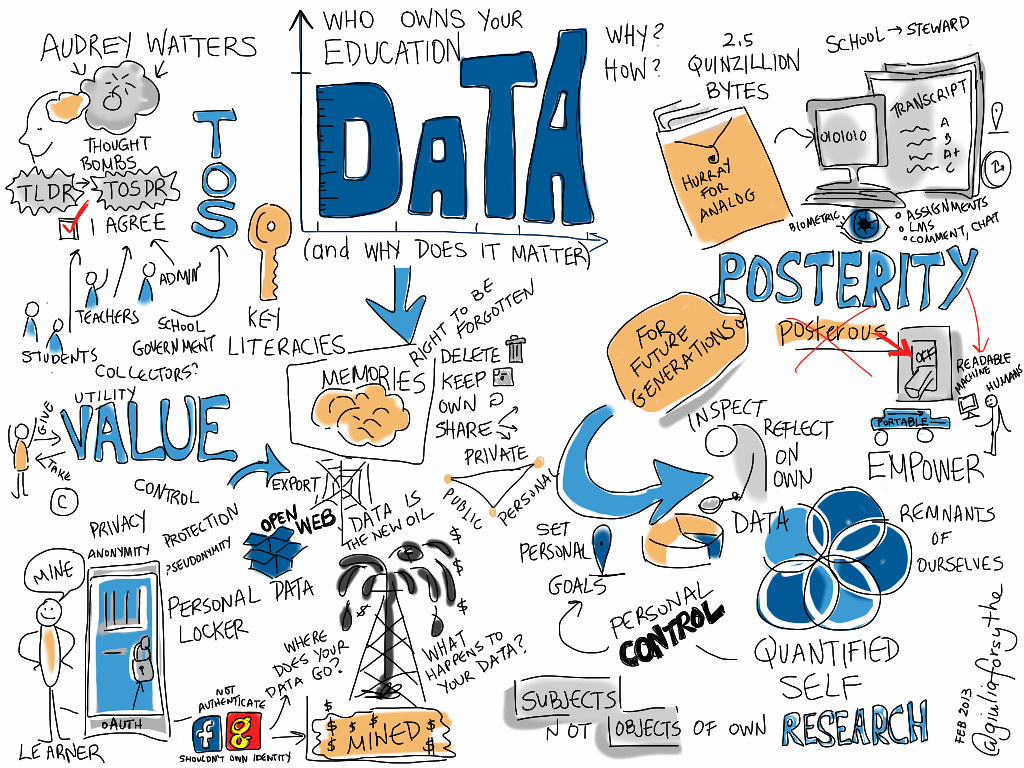 ---
[Latonya Sweeney's Data Privacy Lab](https://aboutmyinfo.org/demogs/compute.php)
---
---
---
[Latonya Sweeney's Data Privacy Lab](https://aboutmyinfo.org/demogs/compute.php)
---
---

 ---
---


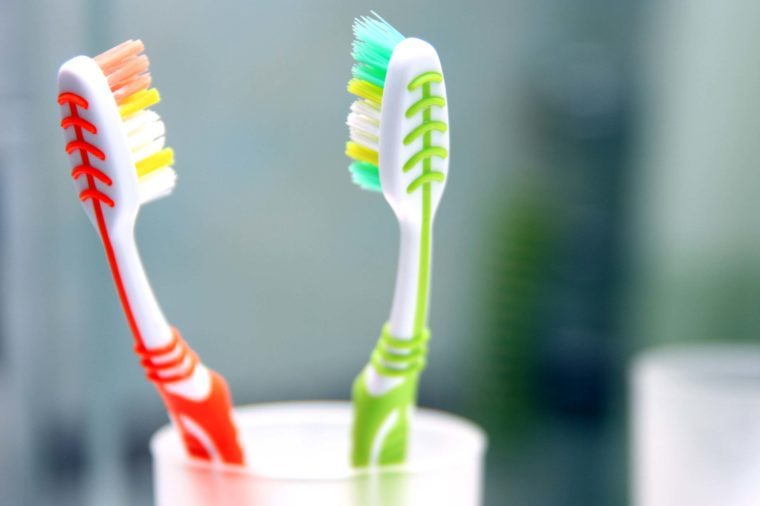 ---
> "*...psychologists tend to treat other peoples’ theories like toothbrushes; no self-respecting individual wants to use anyone else’s.*"
[(Mischel, 2009)](https://www.psychologicalscience.org/observer/becoming-a-cumulative-science)
---
> "*The toothbrush culture undermines the building of a genuinely cumulative science, encouraging more parallel play and solo game playing, rather than building on each other’s directly relevant best work.*"
[(Mischel, 2009)](https://www.psychologicalscience.org/observer/becoming-a-cumulative-science)
# Share not your toothbrush...
## But do share...
- Data
- & analysis code/scripts (R, Python, SPSS, SAS, ...)
- Rawest possible (trial-level, individual, ...)
- Displays (& code to generate)
- Protocols & procedures
- Video as a gold standard
---
---
Adolph, K. (2014). Excerpt Volume: Learning in the development of infant locomotion. Databrary. Retrieved October 5, 2018 from http://doi.org/10.17910/B7BC7T
## Where
- Data repository
- [ICPSR](https://www.icpsr.umich.edu/), [Dataverse](http://dataverse.org), [OSF](https://osf.io), [Dryad](https://) (domain/measure general)
- [Databrary](https://databrary.org) (behavioral science; video/audio ++)
- [OpenNeuro](https://openneuro.org), [TalkBank](https://talkbank.org), [WordBank](http://wordbank.stanford.edu/) (measure-specific)
- Supplemental material with article
- Data paper (e.g. *Nature Scientific Data*)
- Institutional repository
---
---
> "*...psychologists tend to treat other peoples’ theories like toothbrushes; no self-respecting individual wants to use anyone else’s.*"
[(Mischel, 2009)](https://www.psychologicalscience.org/observer/becoming-a-cumulative-science)
---
> "*The toothbrush culture undermines the building of a genuinely cumulative science, encouraging more parallel play and solo game playing, rather than building on each other’s directly relevant best work.*"
[(Mischel, 2009)](https://www.psychologicalscience.org/observer/becoming-a-cumulative-science)
# Share not your toothbrush...
## But do share...
- Data
- & analysis code/scripts (R, Python, SPSS, SAS, ...)
- Rawest possible (trial-level, individual, ...)
- Displays (& code to generate)
- Protocols & procedures
- Video as a gold standard
---
---
Adolph, K. (2014). Excerpt Volume: Learning in the development of infant locomotion. Databrary. Retrieved October 5, 2018 from http://doi.org/10.17910/B7BC7T
## Where
- Data repository
- [ICPSR](https://www.icpsr.umich.edu/), [Dataverse](http://dataverse.org), [OSF](https://osf.io), [Dryad](https://) (domain/measure general)
- [Databrary](https://databrary.org) (behavioral science; video/audio ++)
- [OpenNeuro](https://openneuro.org), [TalkBank](https://talkbank.org), [WordBank](http://wordbank.stanford.edu/) (measure-specific)
- Supplemental material with article
- Data paper (e.g. *Nature Scientific Data*)
- Institutional repository
---
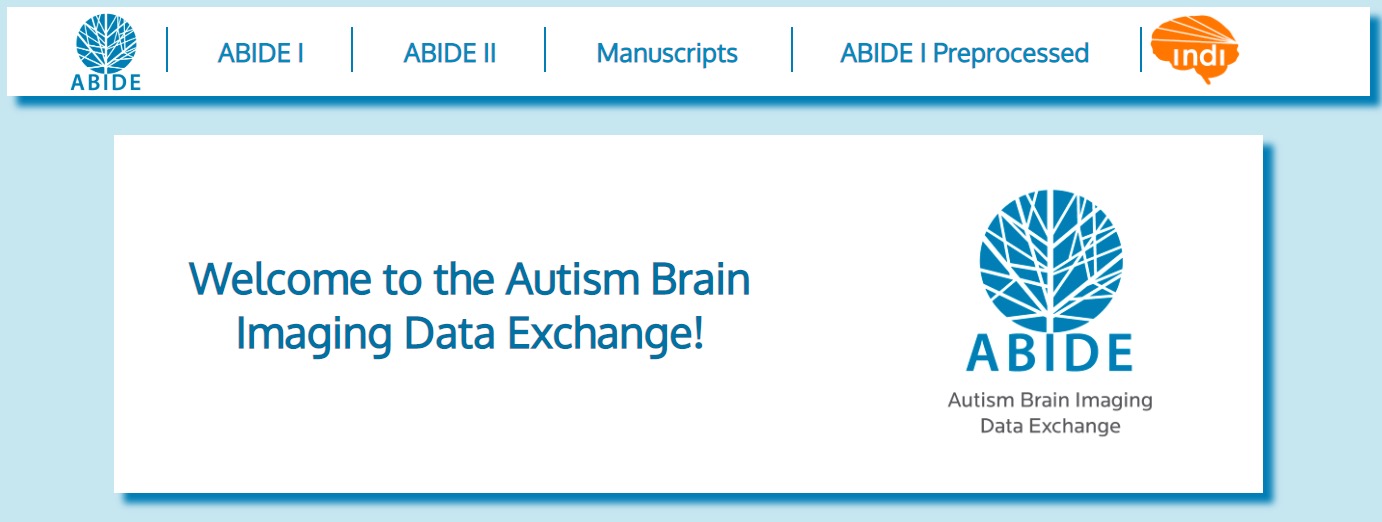 ## With whom
- Public
- Researchers
- People you select & vet
## With whom
- *Public*
- *Risks of reidentification?*
- *Can you really anonymize?*
- **Researchers**
- ICPSR, Databrary, & OpenNeuro
- ~~People you select & vet~~
## When
- Soon after you collect it
- On manuscript submission
- On acceptance or publication
- End of grant
- ~~When I'm damn good and ready...~~
## How
## With whom
- Public
- Researchers
- People you select & vet
## With whom
- *Public*
- *Risks of reidentification?*
- *Can you really anonymize?*
- **Researchers**
- ICPSR, Databrary, & OpenNeuro
- ~~People you select & vet~~
## When
- Soon after you collect it
- On manuscript submission
- On acceptance or publication
- End of grant
- ~~When I'm damn good and ready...~~
## How
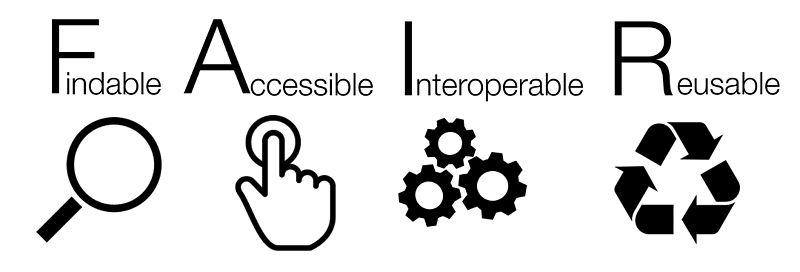 Wilkinson, M. D., Dumontier, M., Aalbersberg, I. J. J., Appleton, G., Axton, M., Baak, A., Blomberg, N., et al. (2016). The FAIR Guiding Principles for scientific data management and stewardship. Scientific data, 3, 160018. Retrieved from http://dx.doi.org/10.1038/sdata.2016.18
---
---
## Share ethically
- Ask permission to share (especially for sensitive, identifiable data)
- [(Gilmore & Nilsonne, 2017)](https://osf.io/9d5hr/)
- Use template language: [Databrary's](https://www.databrary.org/resources/templates/release-template.html)
---
Wilkinson, M. D., Dumontier, M., Aalbersberg, I. J. J., Appleton, G., Axton, M., Baak, A., Blomberg, N., et al. (2016). The FAIR Guiding Principles for scientific data management and stewardship. Scientific data, 3, 160018. Retrieved from http://dx.doi.org/10.1038/sdata.2016.18
---
---
## Share ethically
- Ask permission to share (especially for sensitive, identifiable data)
- [(Gilmore & Nilsonne, 2017)](https://osf.io/9d5hr/)
- Use template language: [Databrary's](https://www.databrary.org/resources/templates/release-template.html)
---
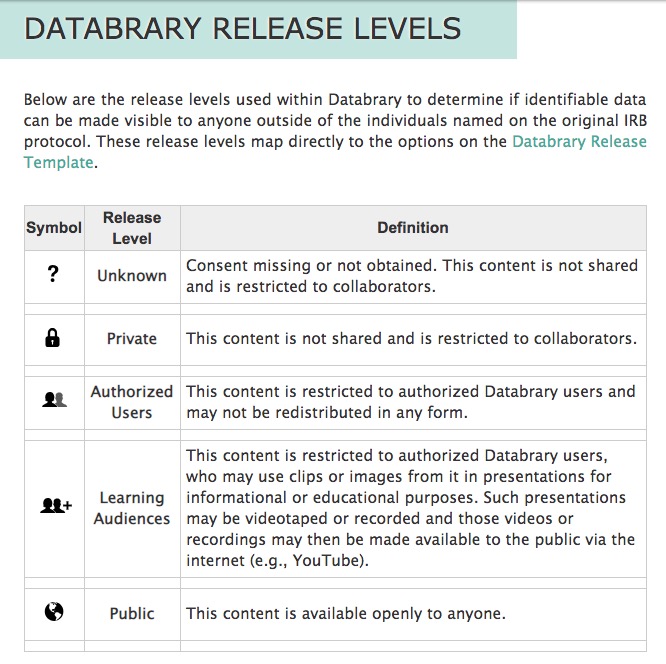
$n=900$ 12-, 18-, 24-mo-olds; $n=30$ sites
**Hiring Research Scientists (PhD/ABD):**
---
 ---
---
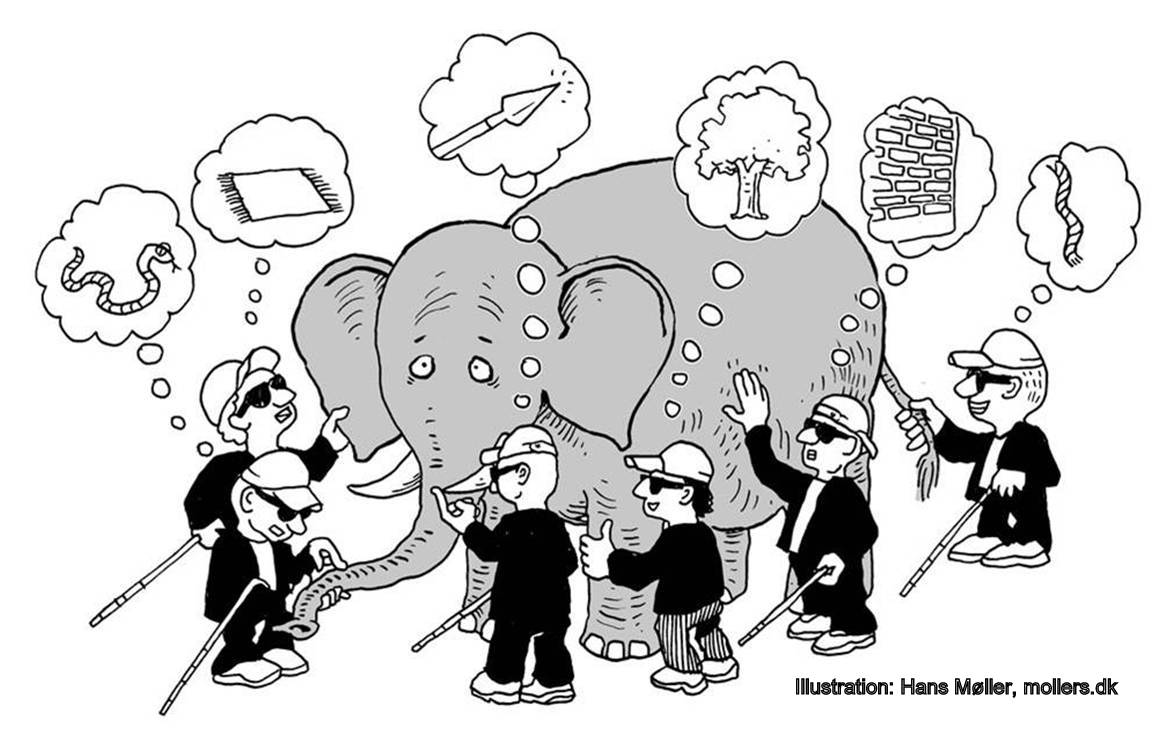 ---
> "The advancement of detailed and diverse knowledge about the development of the world’s children is essential for improving the health and well-being of humanity. We regard scientific integrity, transparency, and openness as essential for the conduct of research and its application to practice and policy."
SRCD Task Force on Scientific Integrity and Openness
---
---
> "The advancement of detailed and diverse knowledge about the development of the world’s children is essential for improving the health and well-being of humanity. We regard scientific integrity, transparency, and openness as essential for the conduct of research and its application to practice and policy."
SRCD Task Force on Scientific Integrity and Openness
---
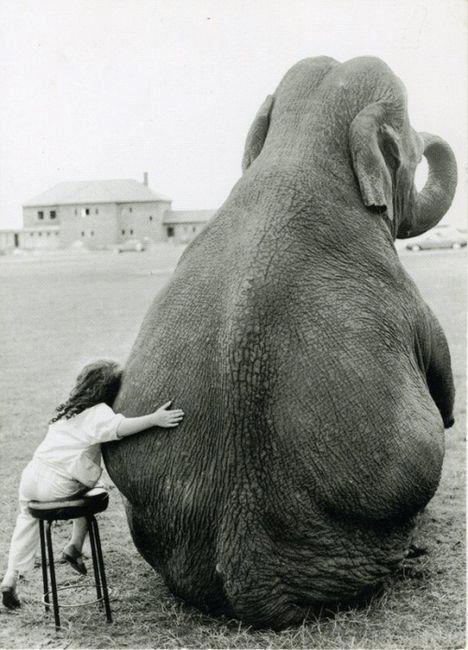 ---
---
 ---
rogilmore@psu.edu
---
rogilmore@psu.edu
 ---
---


 ---
rogilmore@psu.edu
---
rogilmore@psu.edu

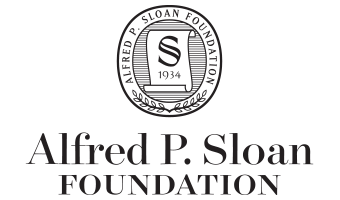
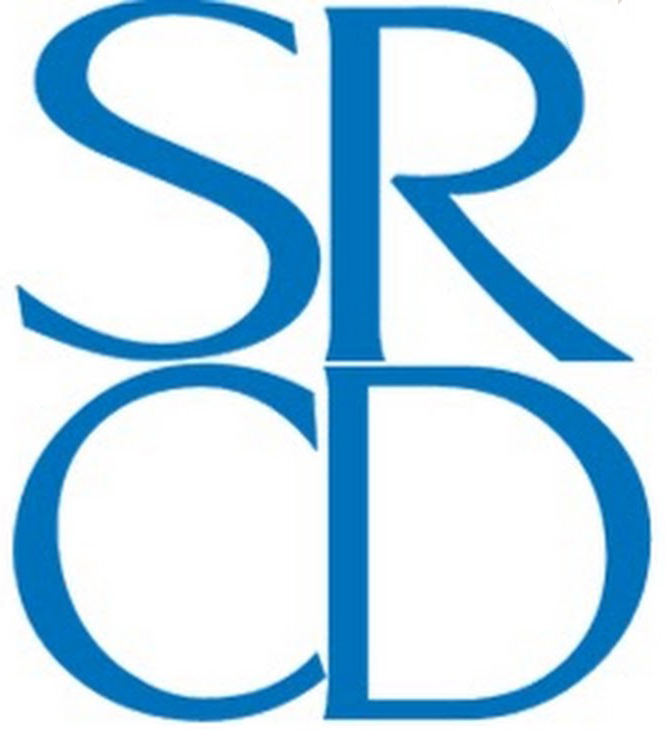
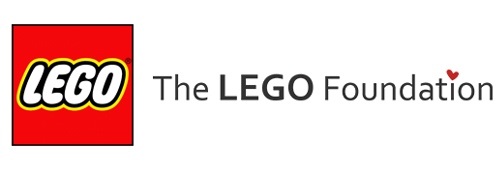

 # Developmental science is harder than physics
---
# Developmental science is harder than physics
---
 ---
---
 # But...
---
# But...
---
